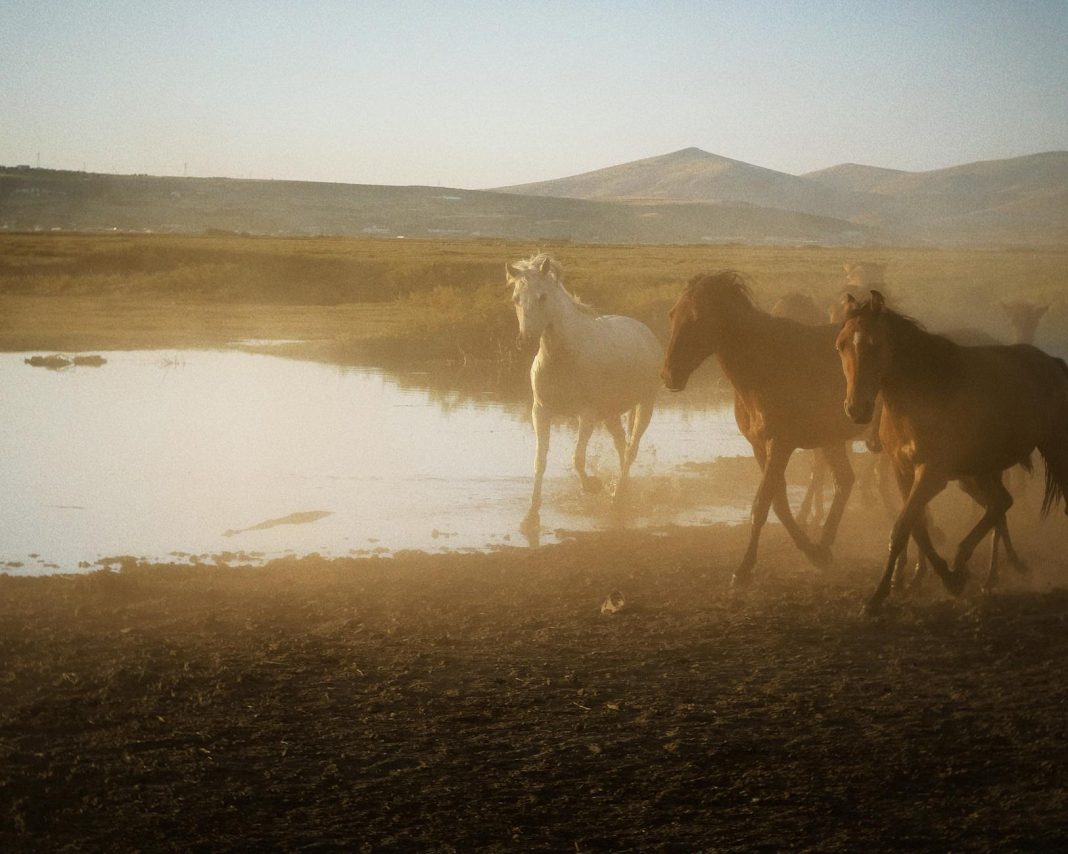Ah, toddlerhood. The age of boundless energy, incredible discoveries, and… well, let’s be honest, utter chaos. If you’re currently navigating this exhilarating (and exhausting) phase of parenting, you’re not alone. Toddlers are tiny humans on a mission to test your limits, explore their independence, and, oh yeah, master the art of the epic tantrum.
The Tantrum Tornado: How to Weather the Storm
Let’s face it: tantrums are a staple of toddler life. They’re not necessarily a sign of a bad child; they’re a perfectly normal (though incredibly frustrating) way for your little one to express big emotions they don’t yet have the words for. So, how do you survive the tantrum tornado?
- Stay Calm: Easier said than done, right? But your toddler is feeding off your energy. If you stay calm and collected (even if inside you’re screaming), it’s more likely they’ll calm down quicker.
- Empathize: Try to understand what might be causing the tantrum. Are they hungry, tired, or frustrated? Acknowledging their feelings (“I see you’re really upset”) can help.
- Give Space (Safely): Sometimes, a little space is all they need. If it’s safe to do so, let them have a moment to calm down away from the trigger.
- Avoid Bribery and Punishment: While it might seem tempting to bribe them into stopping, this can reinforce the tantrum behavior. Harsh punishment is also counterproductive – it often escalates things.
- Positive Reinforcement: When they’re calm, praise their efforts to regulate their emotions. “You did a great job calming down. I’m so proud of you!”
Remember, tantrums are temporary. As your toddler develops better communication skills, they’ll rely on them less.
Discipline: Setting Boundaries with Love
Discipline isn’t about punishment; it’s about teaching. It’s about setting clear boundaries and helping your toddler understand expectations. Here are a few strategies that work well:
- Positive Discipline: Focus on what you *want* your toddler to do, not what you *don’t* want them to do. Instead of “Don’t hit,” try “Use gentle hands.”
- Consistency is Key: Establish clear rules and stick to them consistently. This helps your toddler understand what’s expected of them.
- Time-Outs (Used Correctly): Time-outs can be effective, but use them strategically. A one-minute time-out per year of age is a good guideline. The focus is on giving them a chance to calm down, not punishment.
- Redirect: If your toddler is engaging in undesirable behavior, try redirecting their attention to something more appropriate. For example, if they’re pulling the cat’s tail, offer them a toy instead.
- Natural Consequences: Let your toddler experience the natural consequences of their actions (within reason). If they refuse to put on their shoes, they might miss out on going to the park.
Learning and Growth: Fostering a Love of Learning
Toddlers are sponges! They’re constantly learning and absorbing information. Encourage their natural curiosity through:
- Play-Based Learning: Play is the best way for toddlers to learn. Provide them with opportunities for imaginative play, building, and creative expression.
- Reading Together: Read books aloud regularly. It helps develop language skills, fosters a love of reading, and strengthens your bond.
- Singing and Music: Music is a fantastic way to boost brain development and language skills. Sing songs, dance, and play musical instruments together.
- Outdoor Exploration: Let your toddler explore the world around them. Nature walks, playing in the sandbox, and digging in the garden are all great learning opportunities.
- Simple Puzzles and Activities: Introduce age-appropriate puzzles and activities that challenge their problem-solving skills.
Supporting Independence: Letting Go (A Little Bit)
Toddlers are desperate to assert their independence. While this can be challenging, it’s a crucial part of their development. Here’s how to support their growing autonomy:
- Offer Choices: Give your toddler choices whenever possible. “Do you want to wear the red shirt or the blue shirt?” This gives them a sense of control.
- Encourage Self-Help Skills: Let them try to dress themselves, brush their teeth, and help with simple chores. Don’t worry about perfection; focus on effort.
- Patience is a Virtue: Learning these skills takes time and patience. Expect messes and setbacks, and celebrate small victories.
- Create a Safe Space for Exploration: Provide a child-safe environment where your toddler can explore and learn independently.
- Positive Feedback: Praise their attempts at independence, even if the outcome isn’t perfect. “Wow, you almost put your shoes on all by yourself! That’s amazing!”
Remember, You’re Doing Great!
Parenting a toddler is tough. There will be days when you feel overwhelmed, frustrated, and ready to pull your hair out. But remember this: you’re doing great. You’re providing your child with the love, support, and guidance they need to grow and thrive. Celebrate the small victories, embrace the chaos, and remember that this phase is temporary. Before you know it, your little wild child will be a slightly less wild (but still amazing) preschooler.

